What are Uncommon PMS Symptoms | Why Do These Rare & Weird Symptoms Happen?

Welcome to HealWiser’s guide on managing uncommon PMS symptoms. Premenstrual Syndrome (PMS) is a common condition that affects many women during their menstrual cycle. It typically occurs in a week or two leading up to the period and is characterized by a range of physical and emotional symptoms. While most women experience common PMS symptoms such as bloating, cramps, and mood swings, there are also uncommon PMS symptoms that some women may experience.
This article will explore these uncommon and weird PMS symptoms, why they occur, and what can be done to manage them.
Uncommon PMS Symptoms
Uncommon PMS symptoms are a subset of premenstrual syndrome (PMS) that occur less frequently than the more common symptoms like bloating and mood swings. A smaller percentage of women experience these symptoms, which can be more severe, persistent, or disruptive to daily life. While the exact prevalence of unusual PMS symptoms is unknown, they are generally considered less prevalent than the more common symptoms.
Here are some examples of uncommon PMS symptoms:
- Migraine: Some women may experience migraine headaches in the days leading up to their period. These headaches can be severe and may be accompanied by other symptoms such as nausea and sensitivity to light and sound.

- Joint pain: PMS can cause joint pain and stiffness, especially in the knees, hips, and back. This pain can range from mild to severe, making it difficult to carry out everyday activities.
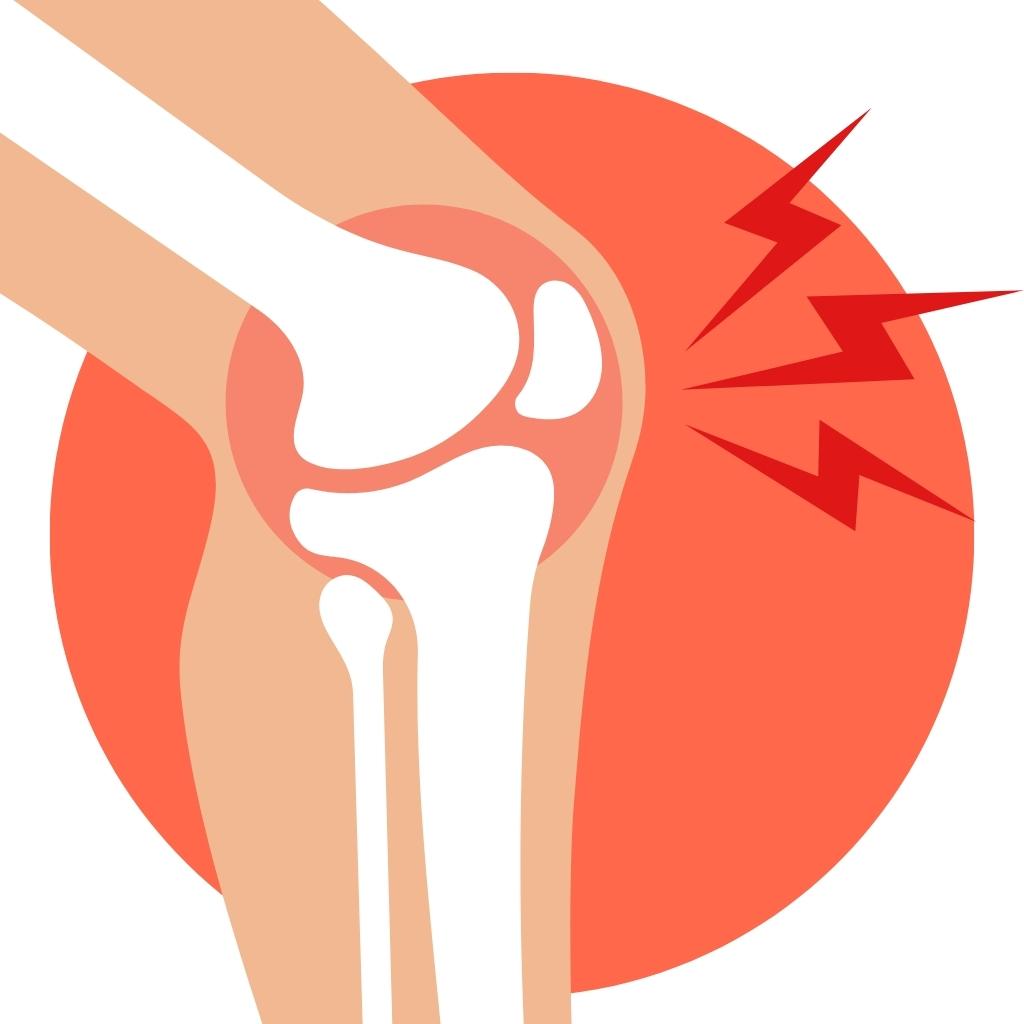
- Skin changes: Some women may experience skin changes during PMS, such as acne breakouts or skin rashes. These changes are thought to be related to hormonal fluctuations.
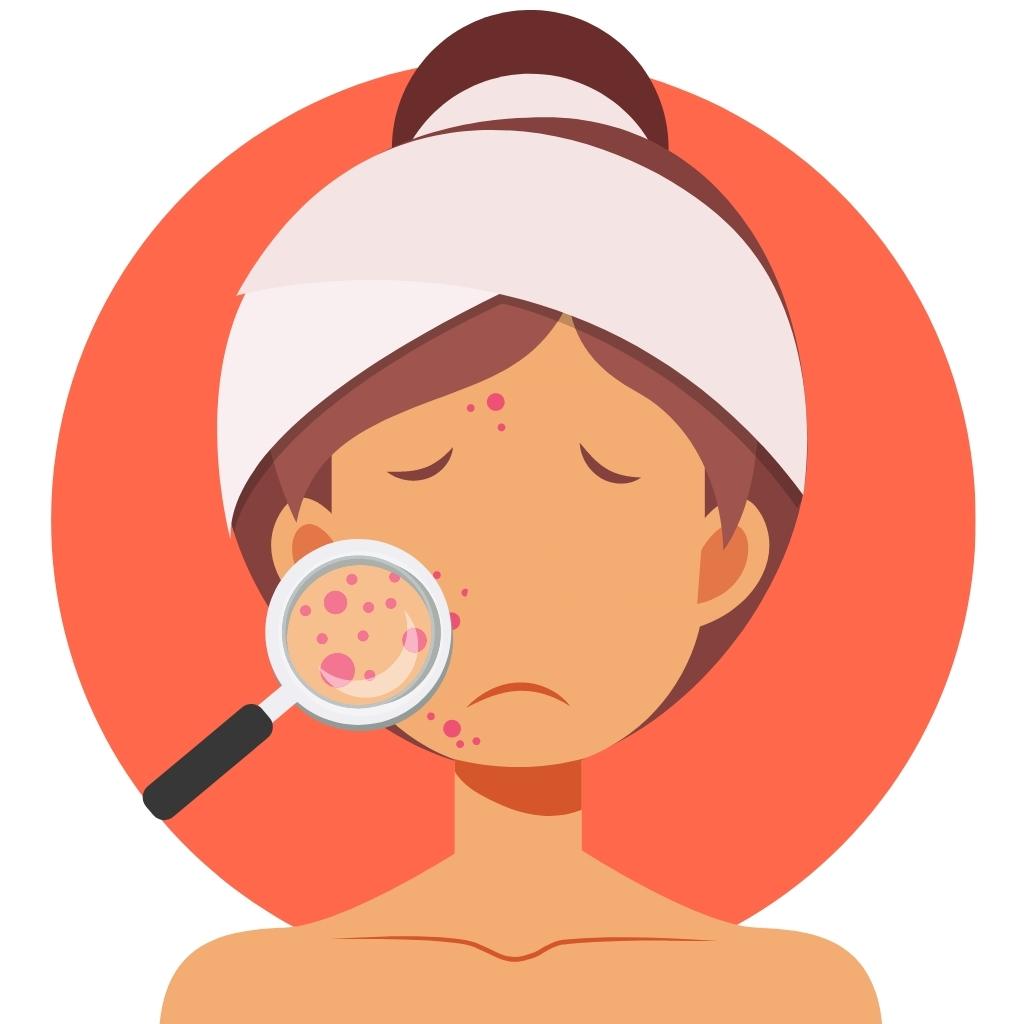
- Vision changes: Blurry vision or sensitivity to light may occur due to fluctuations in hormone levels during the menstrual cycle. Specifically, changes in estrogen and progesterone levels can affect the amount of fluid in the eye, leading to visual disturbances. In addition, changes in blood flow and circulation during the menstrual cycle can also impact the eyes and vision.
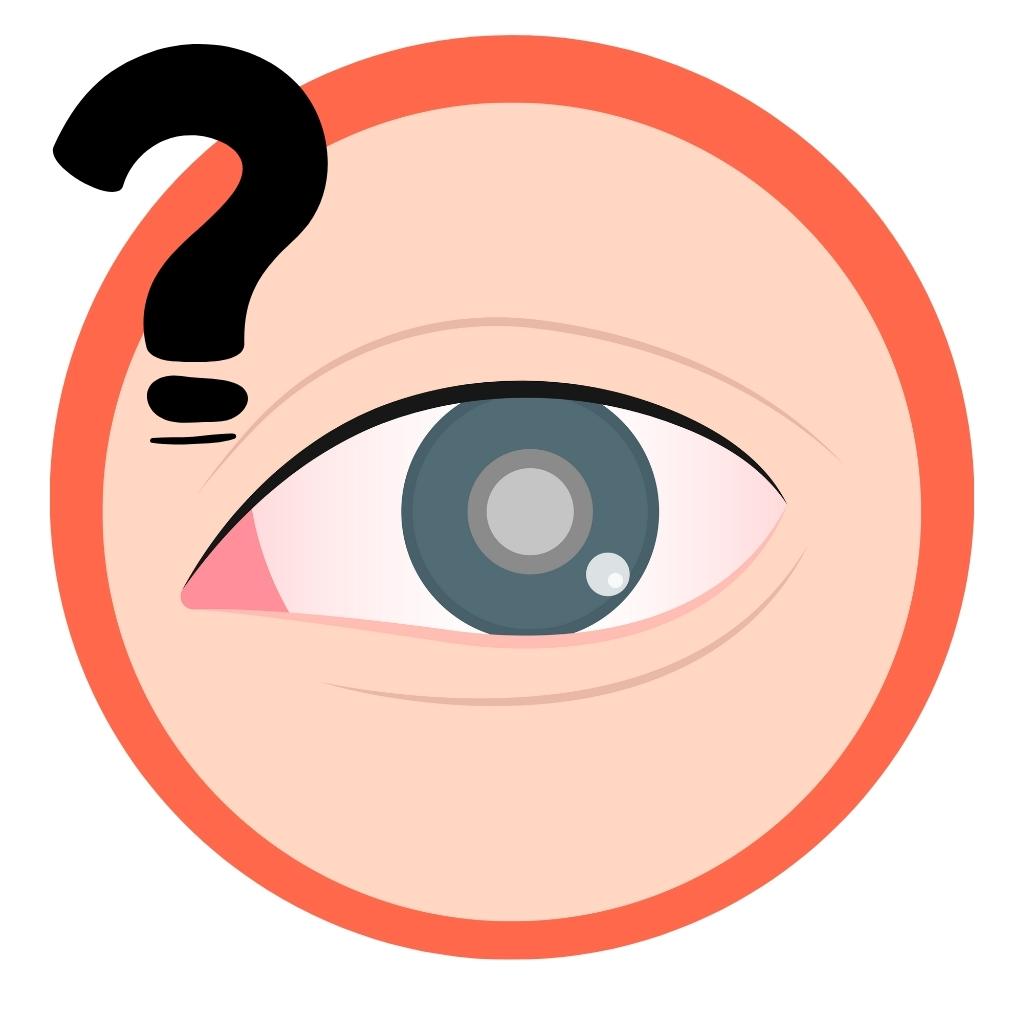
- Heart palpitations: A feeling of fluttering or racing in the chest can occur due to hormonal fluctuations during the menstrual cycle. High estrogen levels can cause the heart to beat faster, while high progesterone levels can cause the heart to beat more slowly or irregularly. In addition, stress and anxiety, which are common during PMS, can also contribute to heart palpitations.
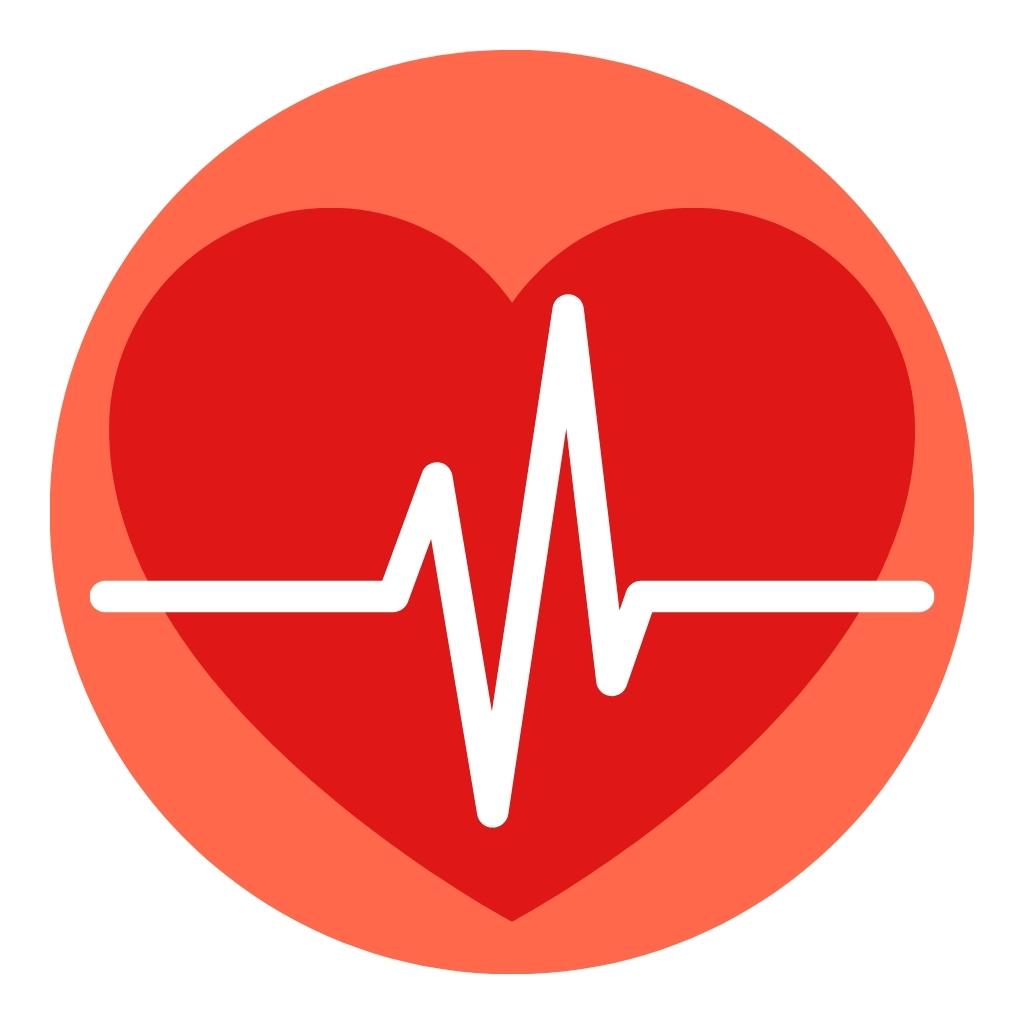
- Dizziness: Feeling of lightheadedness or faintness may occur during PMS due to changes in blood pressure and circulation. Fluctuations in hormone levels can impact blood flow and cause changes in blood pressure, which can result in dizziness. In addition, stress and anxiety can also contribute to feelings of dizziness.

- Digestive issues: PMS can cause digestive problems such as constipation, diarrhea, and bloating.
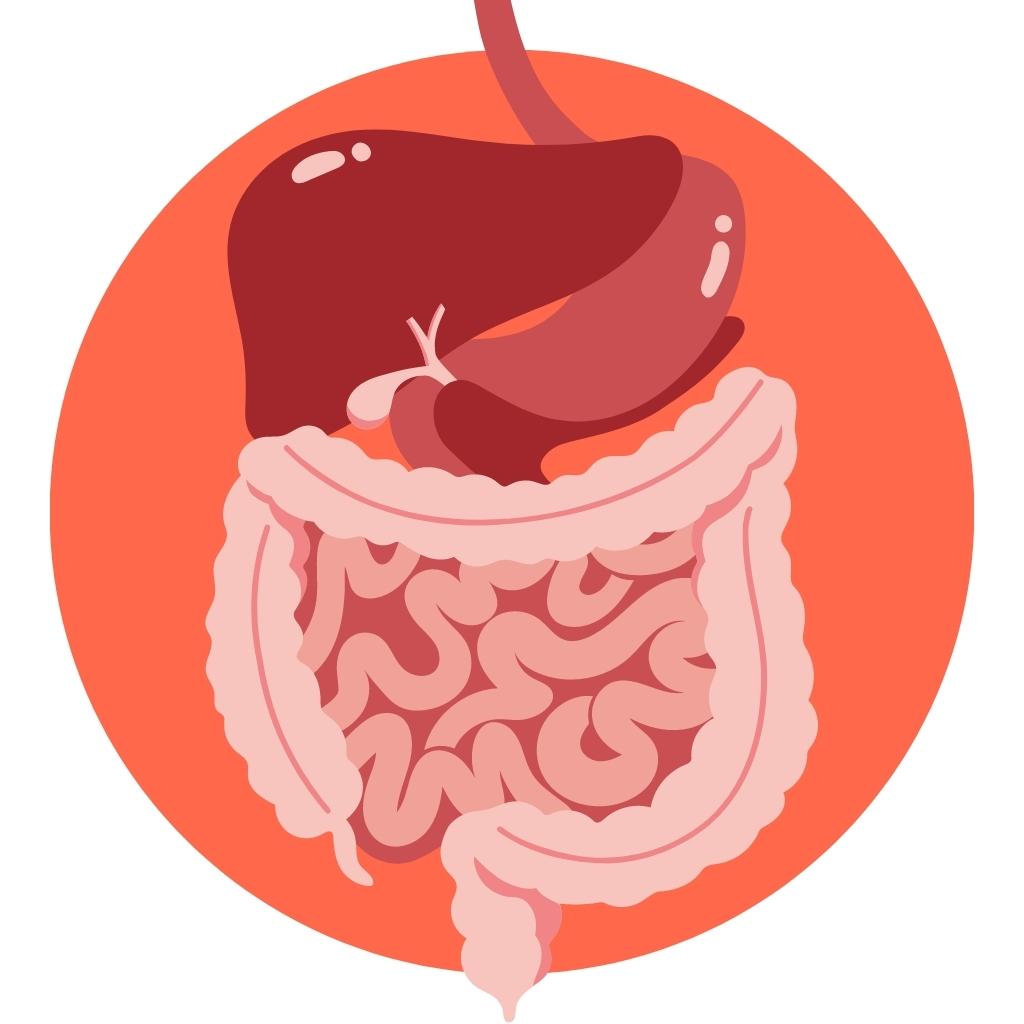
These unusual PMS symptoms occur due to hormonal fluctuations and imbalances that occur during the menstrual cycle. Estrogen and progesterone levels rise and fall throughout the cycle, which can affect the body in various ways. Additionally, changes in neurotransmitters, such as serotonin and dopamine, can also contribute to PMS symptoms.
Ready to uncover the hidden secrets of those rare and bewildering PMS symptoms?
Brace yourself for an exploration of the unexpected as we dive into the intriguing world of uncommon PMS experiences. But that’s not all!
Discover the pinnacle of PMS challenges in our captivating article, “Worst PMS Symptoms.” Get ready to unravel the mysteries, gain a deeper understanding, and find solace in knowing you’re not alone.
Click to embrace the journey and shed light on the worst PMS symptoms that defy convention!
Weird PMS Symptoms
Weird PMS symptoms are those that are less common and can be difficult to explain. These symptoms are often called “weird” because they can seem unusual or unexpected. Despite their name, weird PMS symptoms are still a normal part of the menstrual cycle for many women.
Here are some examples of weird PMS symptoms:
- Food cravings: Many women experience strong cravings for certain foods, especially sweets, during PMS. This may be due to changes in hormones or fluctuations in blood sugar levels.

- Insomnia: Difficulty falling or staying asleep is a common PMS symptom caused by changes in hormone levels or increased stress and anxiety.

- Mood swings: While mood swings are a common PMS symptom, they can sometimes feel unpredictable or extreme. Hormonal changes can affect neurotransmitters in the brain, leading to shifts in mood.
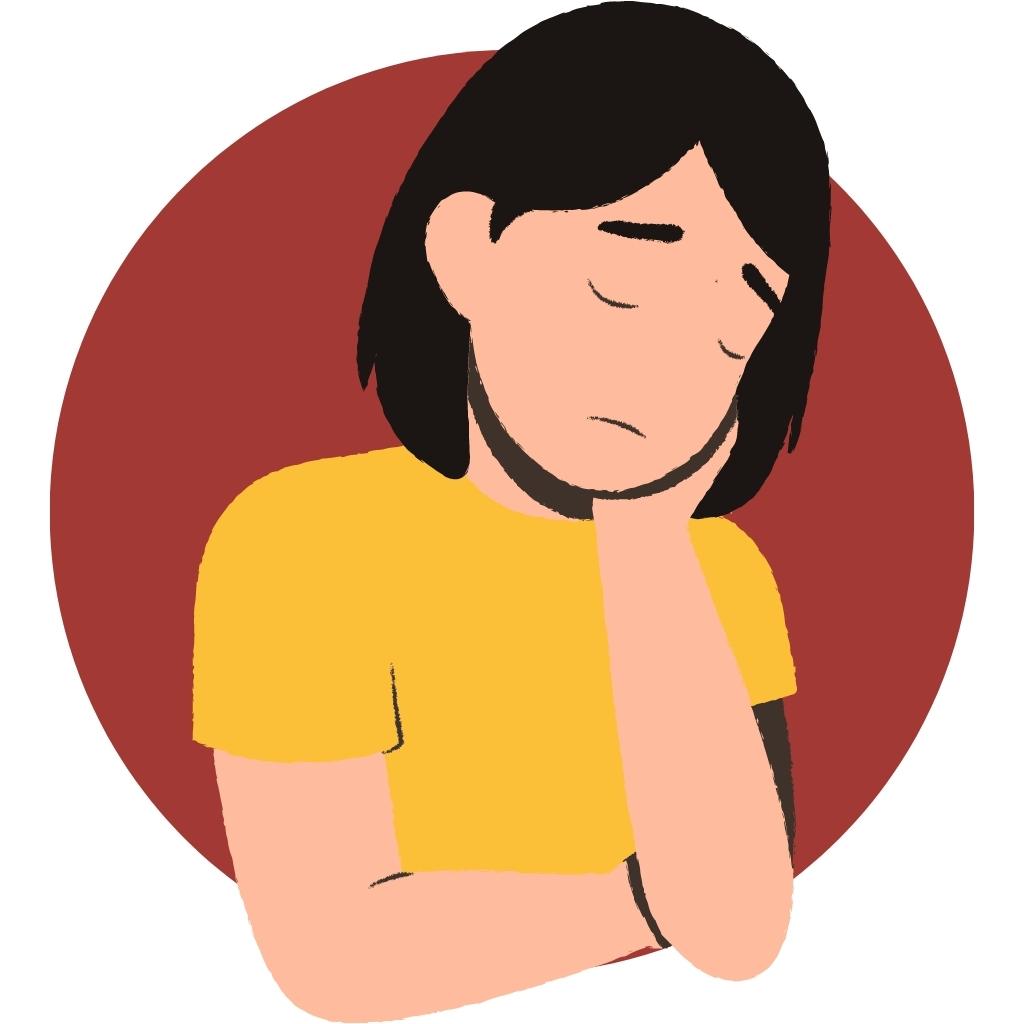
- Brain fog: Some women experience memory, concentration, or mental clarity difficulty during PMS. This may be due to hormonal fluctuations or changes in neurotransmitter activity in the brain.
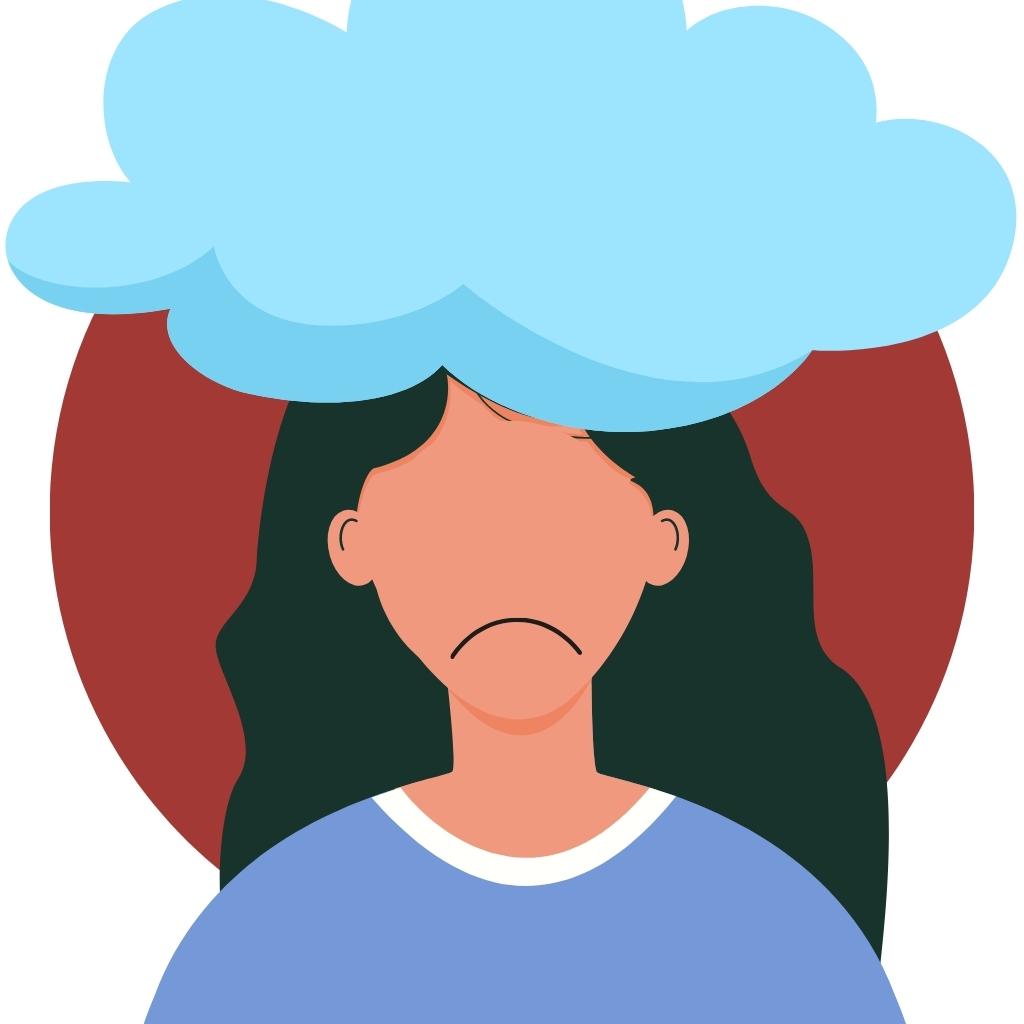
It’s important to remember that these symptoms are normal and can be managed. Understanding why they occur can help you find effective ways to manage them.
Rare PMS Symptoms
Unlike uncommon PMS symptoms, rare PMS symptoms are extremely rare and can be more severe in nature. These symptoms can be concerning and require prompt medical attention.
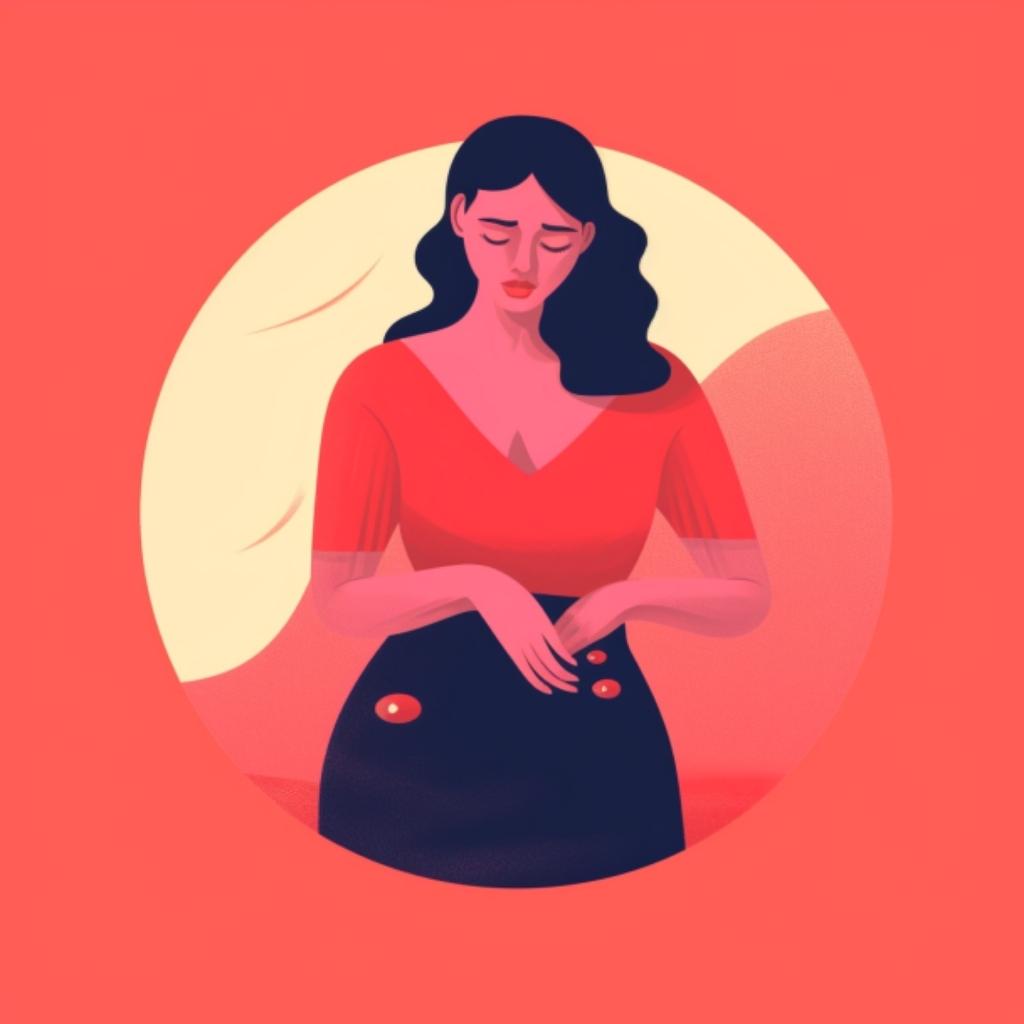
Here are some examples of rare PMS symptoms:
- Seizures: These are sudden and uncontrollable movements of the body that are caused by abnormal brain activity. Seizures during PMS can occur due to changes in hormone levels, which can affect brain function.
- Psychosis: This is a severe mental disorder that can cause a person to lose touch with reality. It can be characterized by delusions, hallucinations, and disorganized thinking. PMS-related psychosis is extremely rare but can occur due to hormonal fluctuations affecting brain function.
- Paralysis: Rarely, PMS can cause temporary paralysis in one or more limbs. This is called PMS-associated paralysis and is thought to be caused by changes in nerve function that occur due to hormonal fluctuations.
It’s important to note that these rare PMS symptoms are extremely uncommon, and most women will never experience them. However, if you experience any of these symptoms, seeking medical attention immediately is important. Your healthcare provider can help determine the cause of the symptoms and recommend appropriate treatment.
Feel like anxiety and PMS are joining forces to wreak havoc on your well-being?
Take charge of your inner calm and regain control of your life!
Discover the insightful article “Anxiety PMS,” where we unravel the intricate dance between these two powerful forces. Gain valuable tools, techniques, and understanding to navigate the storm with resilience and serenity. Don’t let anxiety hijack your joy…
Conquer PMS anxiety and reclaim your peace of mind!
Uncommon PCOS Symptoms That May Be Mistaken for PMS
PCOS and PMS are two different conditions that can have overlapping symptoms. PCOS (Polycystic Ovary Syndrome) is a hormonal disorder that affects women of reproductive age. PCOS is characterized by the formation of small cysts on the ovaries, which can lead to hormonal imbalances and various symptoms. Some of the most common symptoms of PCOS include irregular periods, infertility, and excess hair growth.
PMS, on the other hand, refers to the physical and emotional symptoms that can occur before or during menstruation. While they are not the same condition, PCOS can cause symptoms that are similar to PMS.
Managing Uncommon, Unusual, and Rare PMS Symptoms
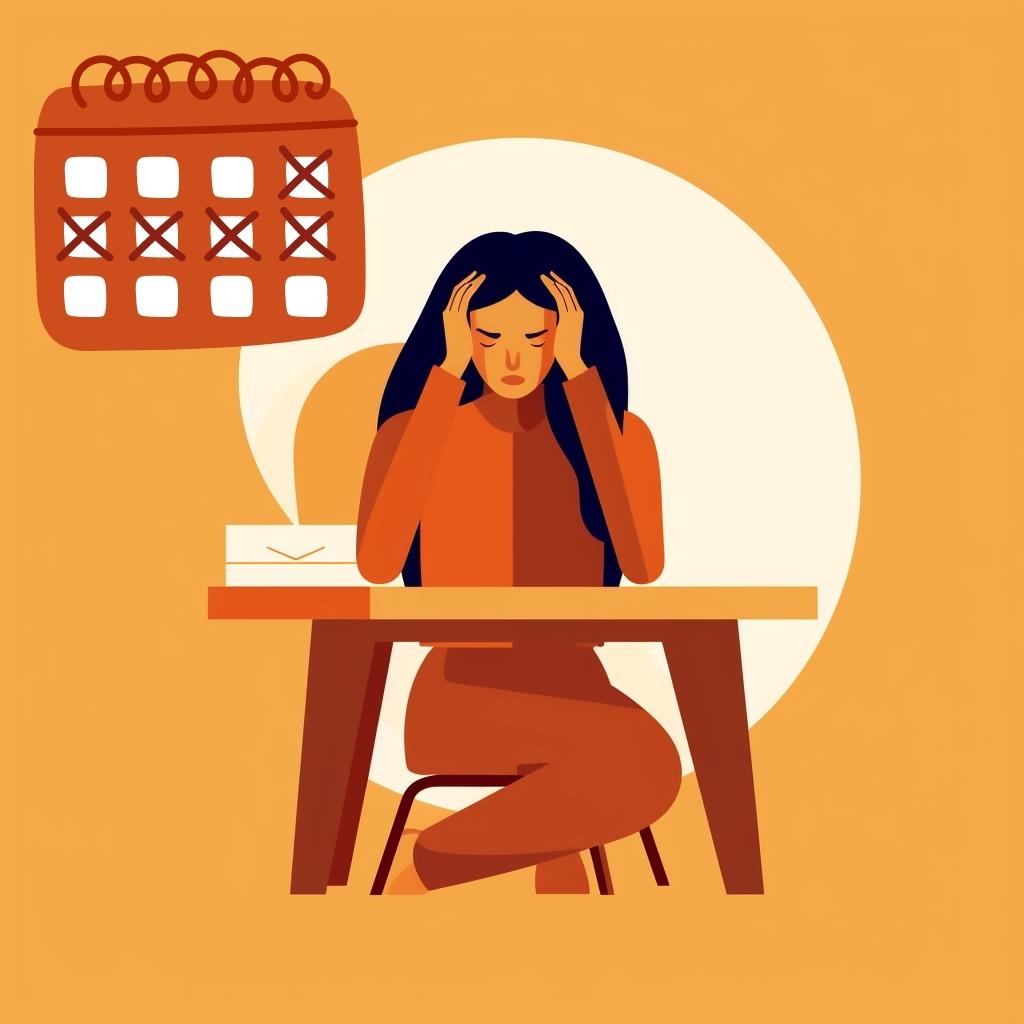
When it comes to managing uncommon, unusual, and rare PMS symptoms, there are several strategies and options that may be helpful. Here are a few to consider:
- Managing physical symptoms: Many women experience physical symptoms during PMS, such as bloating, cramping, breast tenderness, and headaches. To manage these symptoms, it may be helpful to:
- Get regular exercise: Physical activity can help reduce PMS symptoms by boosting endorphins, reducing stress, and improving circulation. Aim for at least 30 minutes of moderate-intensity exercise most days of the week.
- Stay hydrated: Drinking plenty of water and other fluids can help reduce bloating and water retention, which are common during PMS.
- Use heat or ice therapy: Applying heat (such as a warm compress or heating pad) or cold (such as a cold compress or ice pack) to the affected area may help reduce pain and inflammation.
- Strategies for emotional symptoms: PMS can also cause a range of emotional symptoms, such as irritability, mood swings, anxiety, and depression. To manage these symptoms, it may be helpful to:
- Practice stress-reduction techniques: Deep breathing, mindfulness, meditation, yoga, and other relaxation techniques can help reduce stress and improve overall emotional well-being.
- Talk to a therapist or counselor: If emotional symptoms are interfering with daily life, it may be helpful to seek professional support from a mental health provider.
- Consider medication: Sometimes, antidepressants or anti-anxiety medications may be prescribed to help manage emotional symptoms during PMS.
- Over-the-counter and prescription medication options: Depending on the severity of PMS symptoms, over-the-counter or prescription medication may be helpful. Here are a few options to consider:
- Pain relievers: Over-the-counter pain relievers such as ibuprofen, naproxen, or acetaminophen may help reduce menstrual cramps, headaches, and other physical symptoms.
- Hormonal birth control: Birth control pills, patches, or rings may help regulate hormonal fluctuations during the menstrual cycle and reduce PMS symptoms.
- Antidepressants or anti-anxiety medications: As mentioned earlier, these types of medications may help manage emotional symptoms during PMS.
Indulge in a feast of relief for your PMS woes!
Discover the tantalizing world of “Foods for PMS“ and unlock the secrets to soothing your mind and body during this challenging time. From delectable delights to powerful nutritional allies, this article is your passport to finding comfort and balance.
Don’t let PMS cravings dictate your mood!
When to Seek Medical Help for PMS Symptoms

Premenstrual syndrome (PMS) is a common and often manageable condition, but in some cases, it can be a sign of a more serious underlying condition. Here are some signs and symptoms that may indicate a need for medical attention:
- Severe or sudden changes in mood or behavior, such as extreme anxiety, depression, or suicidal thoughts.
- Unusual or severe physical symptoms include headaches, seizures, paralysis, or vision changes.
- Symptoms that interfere with daily activities, such as difficulty functioning at work or school or inability to perform regular activities of daily living.
| Learn more: PMS Night Sweats | The Connection Between Night Sweats and PMS
When seeking medical help for uncommon PMS symptoms…
…it is important to find a healthcare provider who is knowledgeable about the condition. This may include a gynecologist, primary care physician, or mental health professional. Look for a provider who takes a holistic approach to treatment and is willing to work with you to develop a personalized treatment plan. Additionally, you should talk to a healthcare provider before starting any new medication, even over-the-counter options, to make sure it’s safe and appropriate for you.
Lifestyle Changes to Support Uncommon PMS Symptom Management
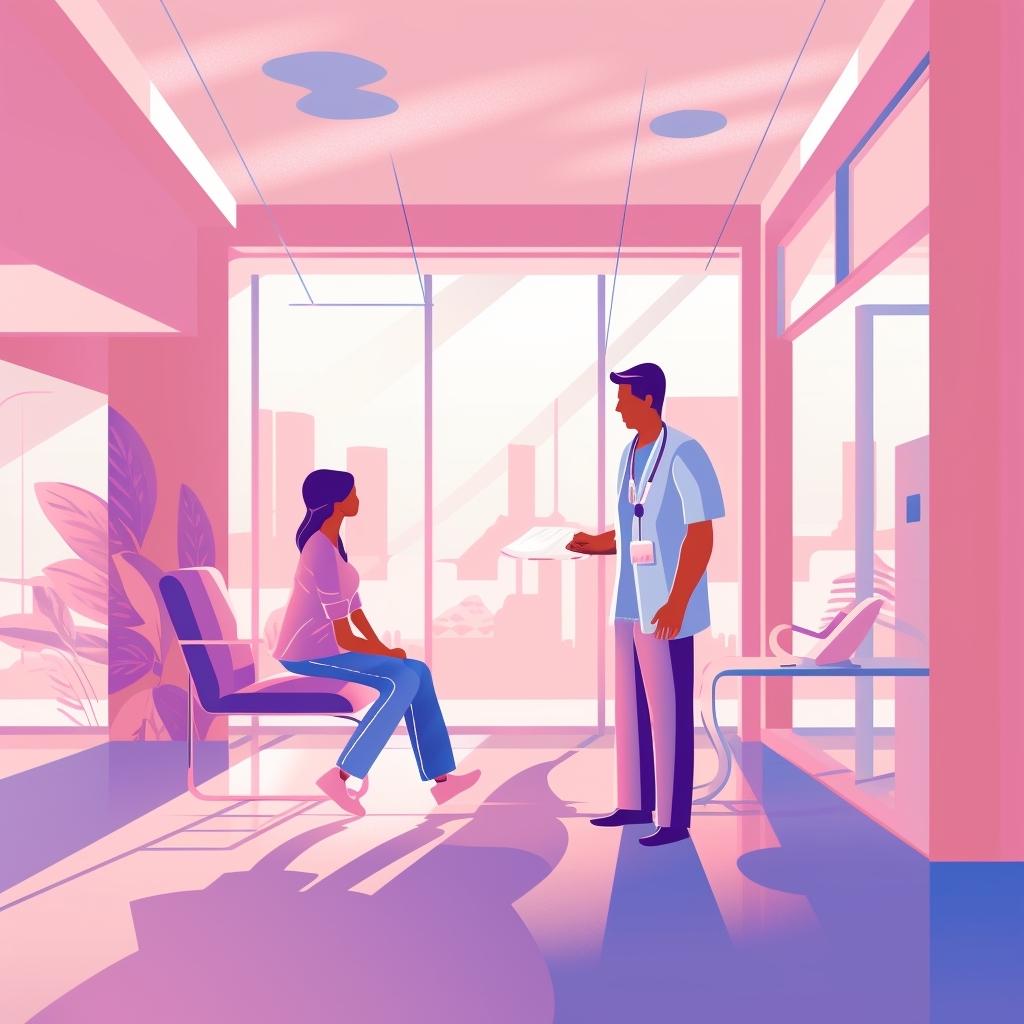
Transform your PMS experience with these easy and effective lifestyle changes that not only manage your symptoms but also promote overall well-being!
- Dietary changes
- Increase fiber intake
- Reduce salt and sugar intake
- Incorporate more whole foods into the diet
- Improving sleep hygiene during the menstrual cycle
- Stick to a regular sleep schedule
- Create a relaxing bedtime routine
- Avoid caffeine and alcohol before bed
- Reducing stress and improving emotional well-being
- Engage in regular exercise or physical activity
- Practice mindfulness or meditation
- Seek support from friends, family, or a therapist if needed
- Avoid smoking and excessive alcohol consumption
- Incorporate relaxation techniques such as yoga or deep breathing exercises
- Practice self-care activities such as taking warm baths or getting a massage
HealWiser’s Last Piece of Advice
PMS is a common experience for many menstruating individuals and can have a range of symptoms. While some symptoms may be more common than others, it’s important to remember that each person’s experience is unique. By understanding the various uncommon PMS symptoms and seeking support from healthcare providers and loved ones, women can navigate the challenges of PMS and find relief from their symptoms.





